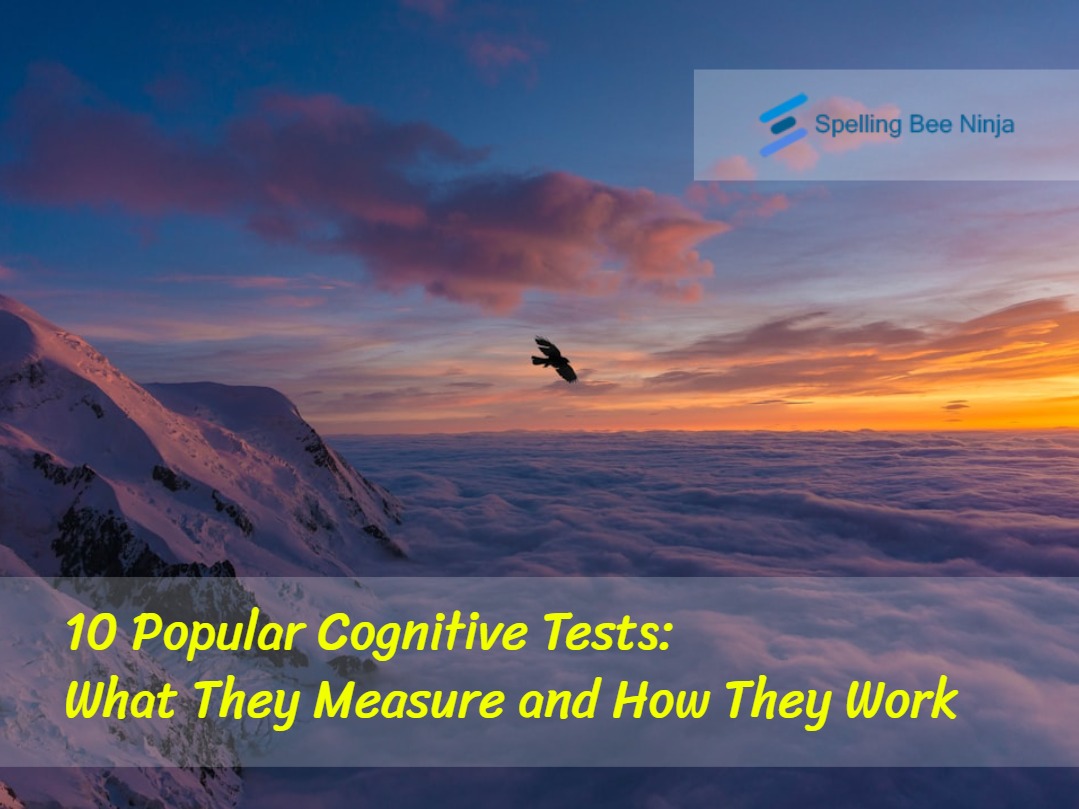Cognitive tests help measure how well a person thinks, remembers, solves problems, or processes information. Whether you’re preparing for a job, a school entrance exam, or just curious about your mind, here are 10 well-known types of cognitive tests and what each one does.
IQ Test
Type of questions: Logic puzzles, visual patterns, number series, word relationships
What it measures: General intelligence (also called “g factor”), including logic, math, verbal, and spatial reasoning
Purpose: Gives an overall idea of mental ability compared to others. It’s used in education, career placement, and personal curiosity.
Try it online: www.worldiqtest.com offers a free IQ test with instant results and broad question variety.
Logic Reasoning Test
Type of questions: Deductive reasoning, pattern recognition, sequences, analogies
What it measures: Logical thinking, rule-following, and the ability to draw conclusions
Purpose: Common in job assessments and academic testing. Employers use it to see how well someone solves problems.
Numerical Reasoning Test
Type of questions: Word problems, tables, graphs, equations, percentages
What it measures: Math understanding, number patterns, and ability to interpret data
Purpose: Often used in business or finance roles where numbers matter. Tests how well you work with figures.
Verbal Reasoning Test
Type of questions: Reading passages, synonym/antonym matching, word definitions
What it measures: Language understanding, reading comprehension, and verbal logic
Purpose: Measures how well you understand written information. Often used in college admissions and job screenings.
Memory Test (Short-Term & Working Memory)
Type of questions: Recall word lists, repeat number sequences, match pictures
What it measures: Short-term memory, working memory, and recall speed
Purpose: Important in diagnosing conditions like ADHD or dementia. Also used in brain training apps.
Attention and Focus Test (e.g., Stroop Test)
Type of questions: Choose the color of a word that spells another color (e.g., the word “Blue” written in red ink)
What it measures: Selective attention, focus, and impulse control
Purpose: Often used in clinical settings to measure attention span, especially in ADHD evaluations.
Spatial Reasoning Test
Type of questions: Rotating shapes, identifying mirror images, folding 2D nets into 3D shapes
What it measures: Ability to understand objects in space and manipulate them mentally
Purpose: Useful for careers in architecture, engineering, and design. It’s a major part of many IQ tests too.
Processing Speed Test
Type of questions: Timed symbol matching, simple math or pattern tasks under time pressure
What it measures: How quickly and accurately you can take in and respond to information
Purpose: Often included in neurological tests and cognitive baseline assessments.
Cognitive Flexibility Test (e.g., Wisconsin Card Sorting Test)
Type of questions: You sort cards by shape, color, or number—but the rules change unexpectedly
What it measures: Adaptability, mental flexibility, problem-solving
Purpose: Used to measure executive function, especially after brain injury or in neurological testing.
Reaction Time Test
Type of questions: Click or tap as soon as you see a change (like a light turning green)
What it measures: Reflex speed and decision-making time
Purpose: Used in sports training, driving assessments, and even online brain games.


